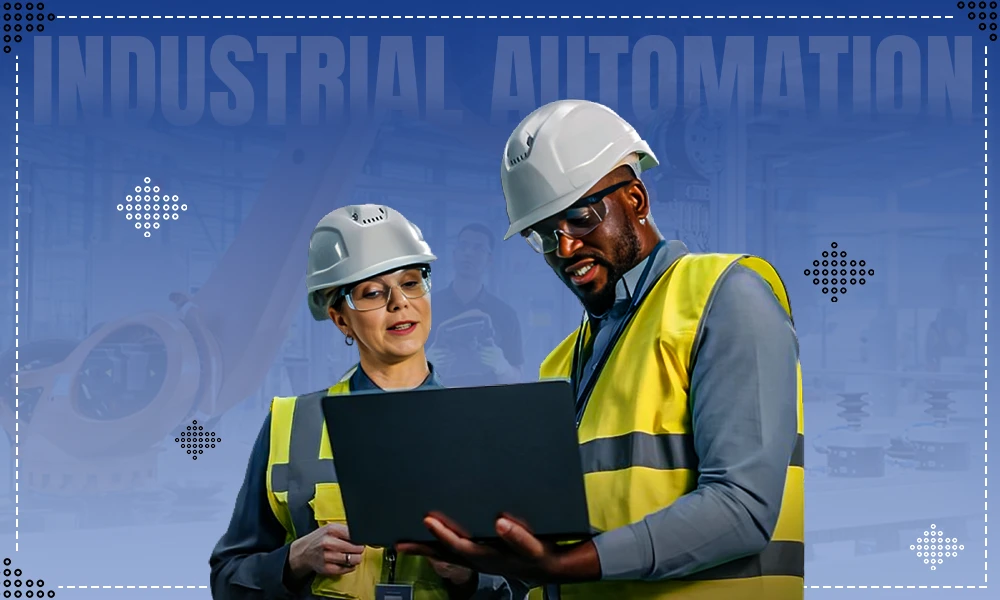Manufacturing Transformation Through Industrial Automation

We’ve all read stories about manufacturers that use robots to speed up assembly lines and build products faster, but that’s not the only way technology is changing the industry. From moving goods efficiently to keeping workers safe, automation is changing the manufacturing sector in several ways. Below, we discuss how machines and artificial intelligence have led to a new industrial revolution.
Increased Efficiency
Manufacturing efficiency is a company’s ability to produce high-quality products without wasting time, resources, and effort. While human error, communication breakdowns, and a lack of progress tracking decrease productivity and efficiency, industrial control panel automation increases it by:
- Streamlining data entry, customer service, and other repetitive tasks.
- Simplifying interdepartmental communication.
- Using algorithms to identify areas where improvement is needed.
- Integrating inventory, ordering, and shipping systems.
- Monitoring employees’ activity for continued productivity and effective time management.
With its potential for increasing productivity and efficiency, automation has a great future in manufacturing.
Greater Access to Top Talent
The use of automation in manufacturing requires training, which creates additional demand for employees with certain skills. Supervisors and human resources team members tend to focus on finding workers with versatile skill sets that lead to improved product quality and innovation. When facilities recruit top talent, they gain advantages such as:
- Increased access to team members who can use products, components, and equipment safely.
- The potential for improved process optimization and efficiency.
- The ability to adapt to changing trends and consumer demands.
- Improved customer service abilities.
- Decreased costs due to higher efficiency.
When manufacturing companies invest in skilled, talented personnel, they take advantage of technological advances and outperform competitors.
Simple Integration
Automation is reshaping the manufacturing industry through its easy integration into existing processes. When companies no longer need to invest in extra resources and equipment to get or keep systems running, they boost the bottom line and stay competitive.
Workplace Safety
Automation improves safety in several ways, including:
- Reducing the need for manual labor and allowing workers to complete tasks from workstations.
- Increasing workers’ awareness of hazards.
- Controlling loading docks and material handling.
- Managing traffic flow and reducing injury risk.
By automating and integrating docking and loading systems, companies protect workers while handling products and materials efficiently.
Fewer Errors in Manufacturing and Faster Corrections
Automation is changing manufacturing by reducing the potential for errors. Automated processes offer more precision than manual methods, ensuring that products are created to strict specifications. Factory automation makes quick corrections and updates easy, reducing human error risk.
CNC machines, 3D printers, and other automated tools ensure accuracy, precision, and repeatability, while automated inspection procedures detect errors at every stage of production, allowing workers to correct them before problems arise.
Greater Participation in Complex Manufacturing Processes
Finally, automation helps manufacturers increase productivity through participation in complicated jobs. Tasks like robotic programming, data mining and analytics, and using artificial intelligence can be challenging for workers. With automated tools, companies gain instant access to resources that once took time to learn and integrate.
Automated Solutions are Changing Manufacturing
Using automation helps manufacturers improve in many areas. It can be as simple as streamlining scheduling and data mining, or as complex as product cycle-wide process automation. As companies adopt technologies like ERP solutions, quality management systems, and process automation, they equip themselves to make focused, intelligent decisions.









